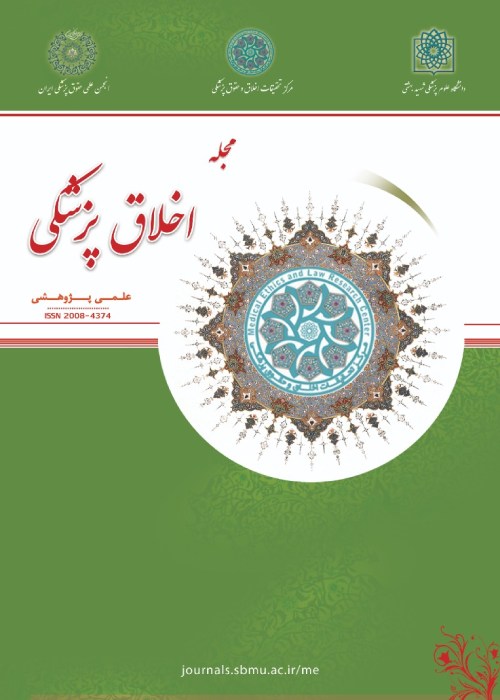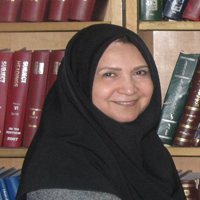Developing a Model of Professional Ethics Based on Flourishing and Self-Efficacy in Counselors and Psychologists: The moderating Role of Social Desirability and Demographic Factors
Given the important role of counselors and psychologists in promoting psychological health in society, the compliance of professional ethics in these occupations is of particular importance. The aim of this study was to investigate the factors affecting professional ethics in counselors and psychologists.
The research method was correlational using structural equation modeling method. The sample consisted of 400 counselors and psychologists who were selected online through social media. The instruments used were professional ethic (Cadozier, 2002), General Self-efficacy scale (Schwarzer & Jerusalem, 1995), Flourishing scale (Diener, 2010) and Social desirability scale (Marlowe & Crowne, 1998). Data analysis was performed by statistical methods of Pearson correlation coefficient and structural equation modeling using SPSS 24 and AMOS 24 software.
The results of structural equation modeling showed that the model of relationships between self-efficacy, flourishing and professional ethics has a good fit and flourishing and self-efficacy can explain 62% of professional ethics (P<0.001). According to the results, higher levels of self-efficacy and flourishing predict a higher level of professional ethics, as well as social desirability in this regard played a moderating role in model. The role of gender, marriage, education, field of study and years of work in modifying this relationship was not confirmed. Ethical Considerations: The aims of the study and the confidentiality of information were explained to the participants and informed and voluntary consent was obtained in writing.
This study showed that Flourishing and self-efficacy have an effective role in the professional ethics of counselors and psychologists and in order to promote the professional ethics of counselors and psychologists along with professional ethics education, these factors should be considered.
- حق عضویت دریافتی صرف حمایت از نشریات عضو و نگهداری، تکمیل و توسعه مگیران میشود.
- پرداخت حق اشتراک و دانلود مقالات اجازه بازنشر آن در سایر رسانههای چاپی و دیجیتال را به کاربر نمیدهد.




